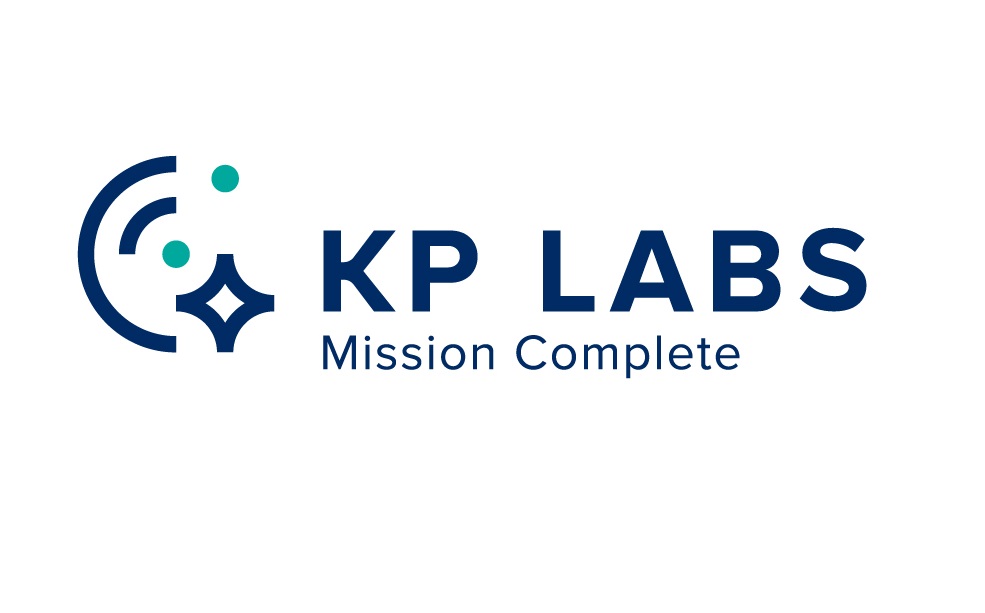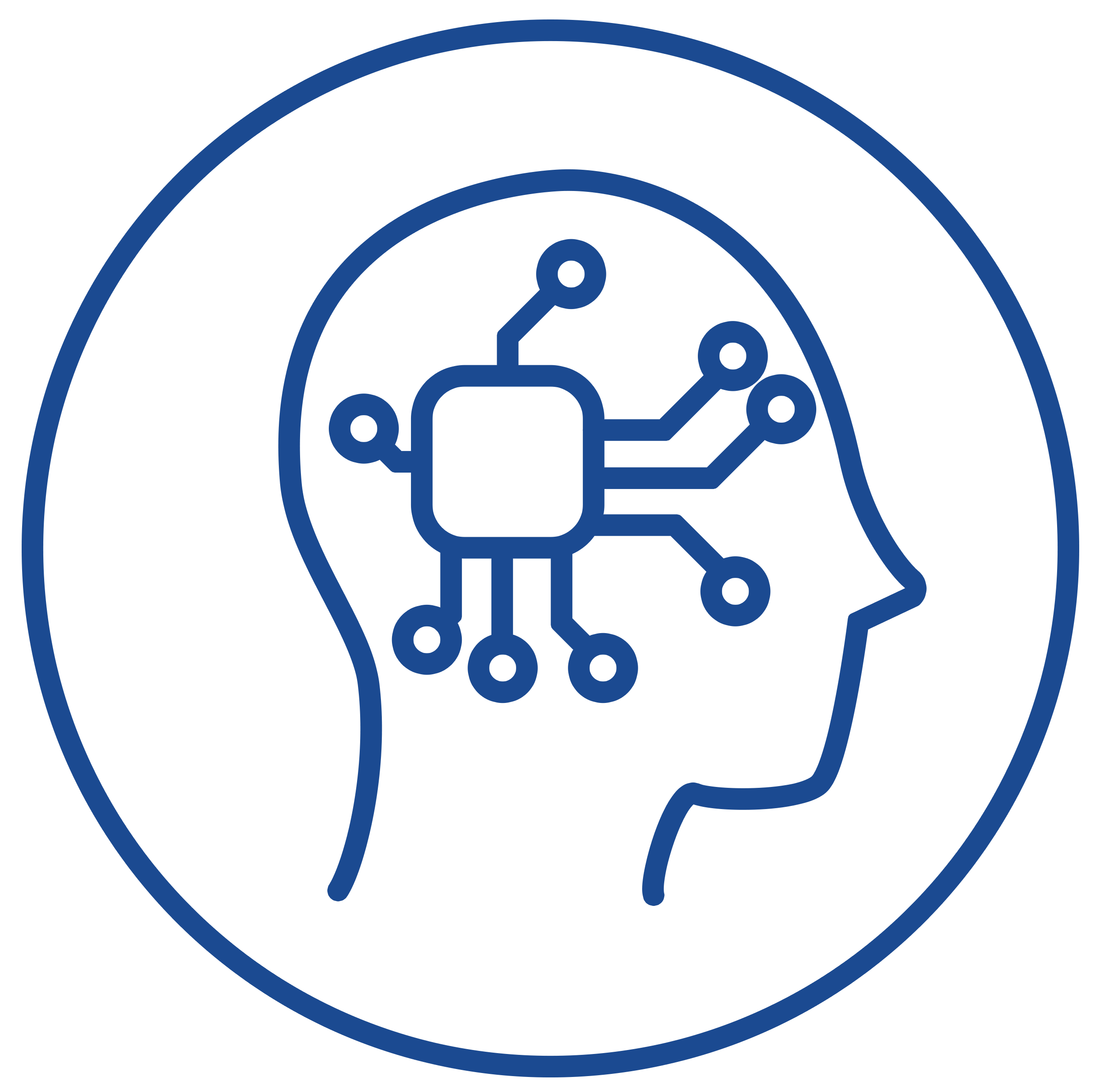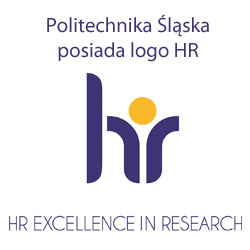Start - News

KP Labs
About us
KP Labs has been researching and utilising artificial intelligence to develop advanced space missions since 2016. The main domain of the company's activity is Earth observation. Therefore, at the turn of 2022/2023, we plan to launch the Intuition-1 satellite in low Earth orbit, which, with the help of artificial intelligence algorithms, will facilitate the process of acquiring and processing satellite images.
KP Labs is currently developing its own product line the ‘Smart Mission Ecosystem’ (SME), based on artificial intelligence, consisting of the algorithms, software and satellite software which will guarantee mission success. In addition to these products, KP Labs has numerous projects related to the use of artificial intelligence in space, in partnership with the following institutions: the Polish Space Agency, the European Space Agency (ESA) and the Canadian Space Agency (CSA) and companies such as: Future Processing S.A., FP Instruments Sp. z o.o, In-Space Services (Luxembourg), CGI (Italy), AAC Clyde Space (UK), OpenCosmos (UK), EIDEL (Norway), GSTS (Canada).
In 2022, KP Labs plans to open a Research and Development Centre which will enable the construction, testing and integration of flight components of satellites, as well as total mission control from the ground station. It will include a mission planning and control laboratory, a communications systems laboratory, a machine learning laboratory, an electronics testing and assembly laboratory, an EMC (electromagnetic compatibility testing) laboratory and a mechanical design laboratory.
In the long term, KP Labs is aiming to build solutions to implement autonomy in space operations, e.g., in satellite servicing. Our service and R&D activities are focused on the technological areas of image analysis, flight software development for small satellite mission control, on-board computer and electronics design, and artificial intelligence algorithm development.
Team
The KP Labs team is composed of 50 specialists in fields such as computer science, machine learning, electronics, physics, mechanics, thermal engineering, automation, and robotics. Approximately 10% of the staff are scientists with a PhD or higher qualification. Staff competence is confirmed not only by the completed projects, but also by the 20 plus scientific articles per year which are published in prestigious journals and presented at leading conferences on machine learning, satellite imaging and image data analysis and processing.















